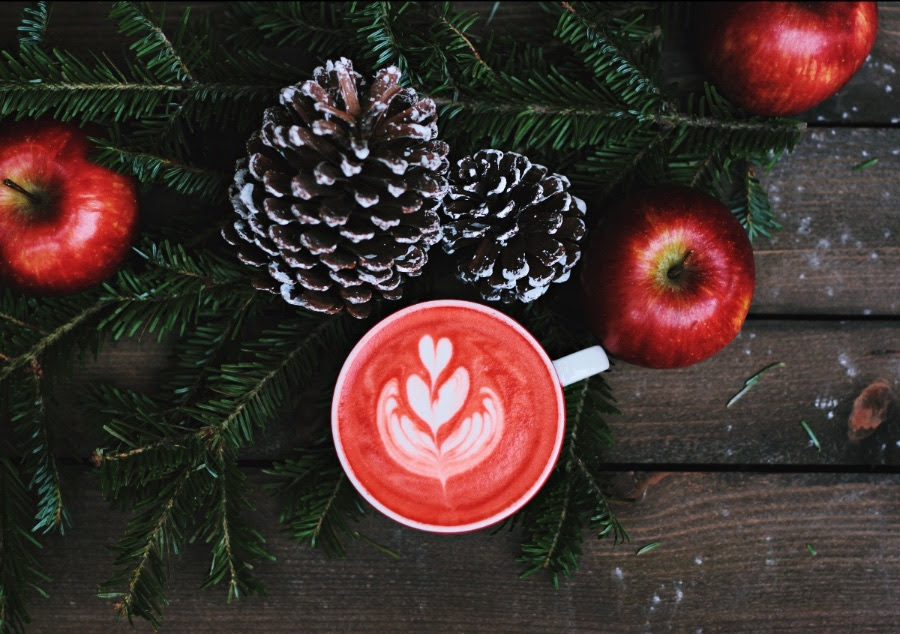Wouldn’t it be nice if those wonderful food and portion control ideas given to us at this time of year were just so easy to implement? If we didn’t feel hunger or crave anything throughout the day, mid-afternoon or after dinner? How wonderful would it be to breeze by a holiday buffet or an abundant gathering around food at your relative’s or friend’s house that didn’t cause you to overindulge?
If all doesn’t go as well as we plan once in a while that unlikely becomes an issue. It’s the build-up of our not-so-intended lifestyle choices that lead to the chronic effects of inflammation.
As 2019 winds down with only a few holidays left to gastronomically navigate, let’s take a moment to separate intent from mindlessness. Here are some tips to make your intended life easier and bring in the New Year feeling refreshed and rejuvenated!
Try more of this…
#1: Hydrate – thirst can manifest itself as hunger. No need to be excessive or meticulously worry over ounces; just have 2-4 glasses of water throughout the day and plan for 1-2 during the festivities.
#2: Sleep – don’t skimp here. While you’ve heard of varying hours of an ideal night’s sleep, studies show that less than 6 hours interfere with leptin (a satiety hormone) levels leading to a constant feeling of hunger and slower metabolism the next day.
#3: Load up on prebiotics (asparagus, bananas, garlic, onions, oats, flax) – these foods supply our digestive system with short-chain fatty acids called butyrates, which are powerful anti-inflammatory compounds that help enhance satiety hormones and decrease cravings. Fiber has the added benefit of literally putting on the brake along the digestive tract to make us feel full.
#4: Strive to eat a plant-based or unprocessed meal once daily – even one whole food plant-based meal a day can positively impact gut bacteria and metabolic health, which results in lowered inflammation and decreased cravings.
and less of this…
#1: Caffeine abundance – while it’s true that caffeine in small amounts (less than 150 mg per day) can improve focus and attention, overdoing caffeine will leave you feeling fatigued, make your cravings worse, and interfere with sleep (see above).
#2: Artificially sweetened foods and beverages – they may tout fewer calories, but artificial sweeteners cause a dysbiosis, or imbalance, in our gut bacteria leading to improper signaling from our stomach to our brain and can interfere with hunger and satiety cues.
#3: Processed foods – these are binding, bloating, and mood changing (aka inflammatory) magnets. Enough said.
#4: ‘Saving’ your food choices for the event meal – this does more than just risk overconsumption, it leads to overtaxing our digestive and bodily systems resulting in insulin spikes and excess fat storage.
So, arm yourself with strategies that promote the right body chemistry and let your ‘willpower’ shine! Enjoy the festivities, appreciate your surroundings, and start 2020 off on the right foot!
Wishing you a happy and healthy holiday season,


